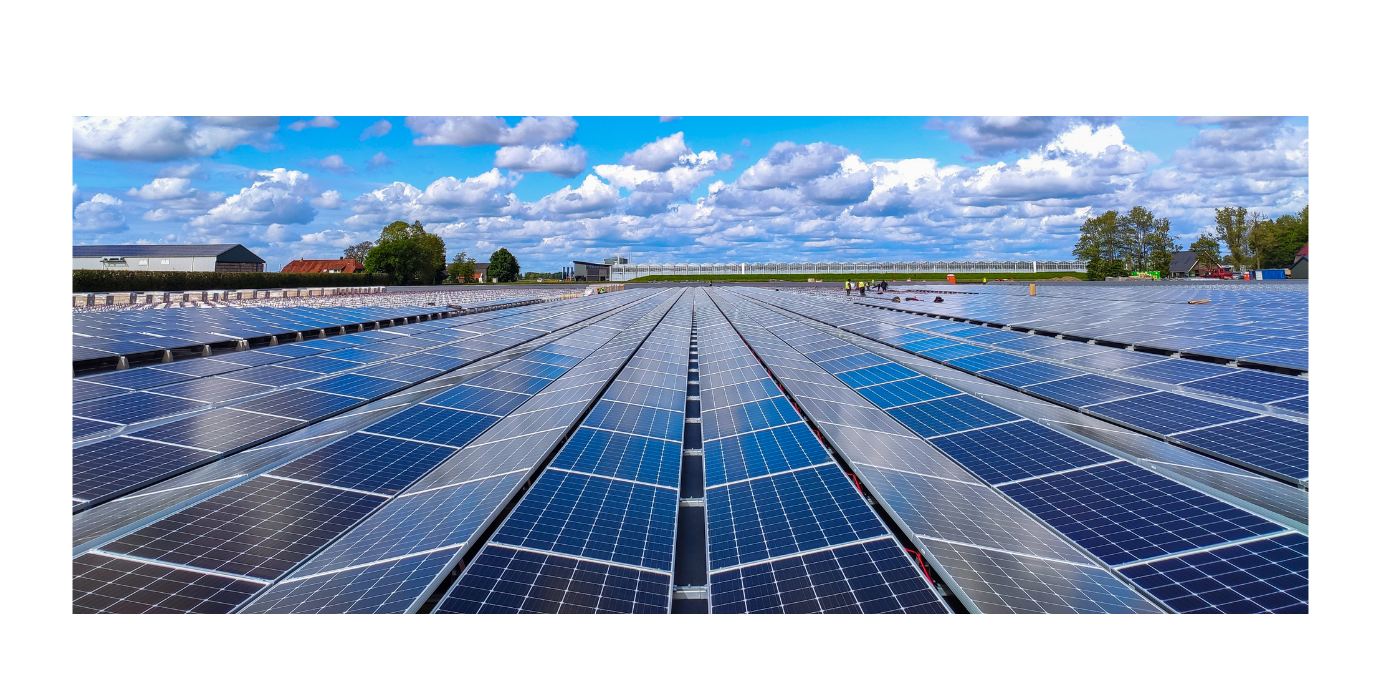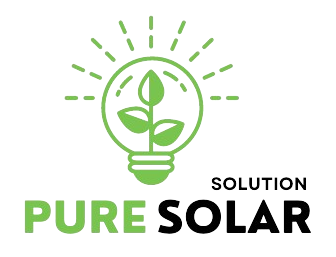The solar industry has been at the forefront of the renewable energy revolution, promising a cleaner and more sustainable future. As we progress into 2024, the focus on Solar Industry Sustainability has intensified, with significant advancements and ongoing challenges shaping the landscape. This blog post delves into the key aspects of sustainability in the solar sector, highlighting its environmental impact, technological innovations, economic considerations, and policy support.

Solar energy is celebrated for its potential to reduce carbon emissions and combat climate change. However, the sustainability of the solar industry goes beyond merely harnessing sunlight. It encompasses the entire lifecycle of solar products, from manufacturing and installation to recycling and disposal. As the industry continues to grow, understanding and enhancing Solar Industry Sustainability is crucial to ensuring that the environmental benefits of solar power are fully realized.
Environmental Impact of Solar Panels
Manufacturing and Materials
The production of solar panels involves the extraction and processing of raw materials, which can have significant environmental impacts. Silicon, the primary material in most photovoltaic (PV) cells, requires energy-intensive processes to purify. Moreover, the mining of metals like silver and copper, used in panel construction, can lead to habitat destruction and pollution.
Energy Payback Time
One measure of Solar Industry Sustainability is the energy payback time (EPBT) of solar panels—the time it takes for a panel to generate the amount of energy that was used to produce it. Advances in technology have reduced the EPBT of modern panels to just 1-3 years, compared to their 25-30 years lifespan, making them a highly efficient renewable energy source.

Technological Innovations Enhancing Solar Industry Sustainability
Efficiency Improvements
Continuous improvements in solar cell efficiency are critical to enhancing Solar Industry Sustainability. Innovations such as perovskite solar cells and bifacial panels are pushing the boundaries of efficiency, enabling more power to be generated from the same surface area.
Recycling and Waste Management
As the first generation of solar panels approaches the end of its lifecycle, recycling and waste management have become pressing issues. Effective recycling processes can recover up to 95% of materials from decommissioned panels, reducing the need for new raw materials and minimizing environmental impact. Governments and companies are investing in recycling technologies to support Solar Industry Sustainability.
Economic Considerations
Cost Reductions
The cost of solar technology has plummeted over the past decade, making it one of the most affordable sources of electricity. This cost reduction enhances Solar Industry Sustainability by making clean energy accessible to a broader population, reducing reliance on fossil fuels, and fostering economic growth in the renewable energy sector.
Job Creation
The solar industry is a significant job creator, employing millions worldwide in manufacturing, installation, maintenance, and research. By investing in solar energy, countries can stimulate their economies and create sustainable employment opportunities, contributing to overall Solar Industry Sustainability.

Policy and Regulation
Government Support
Government policies and incentives play a vital role in promoting Solar Industry Sustainability. Subsidies, tax credits, and grants for solar installations encourage adoption and investment in solar technology. Additionally, regulations mandating the use of renewable energy sources help drive the transition to a sustainable energy future.
International Cooperation
Global cooperation is essential for addressing the environmental impacts of solar panel production and disposal. International standards for manufacturing, recycling, and labor practices ensure that the benefits of solar energy are realized without compromising environmental and social ethics. Collaborative efforts among countries can lead to shared innovations and best practices in Solar Industry Sustainability.
Conclusion
The journey towards Solar Industry Sustainability is multifaceted, involving technological advancements, economic strategies, and robust policy frameworks. As we move forward in 2024, the solar industry continues to evolve, offering promising solutions to some of the world’s most pressing environmental challenges. By focusing on sustainability at every stage of the solar energy lifecycle, we can harness the full potential of this renewable resource, ensuring a cleaner and more sustainable future for all.







